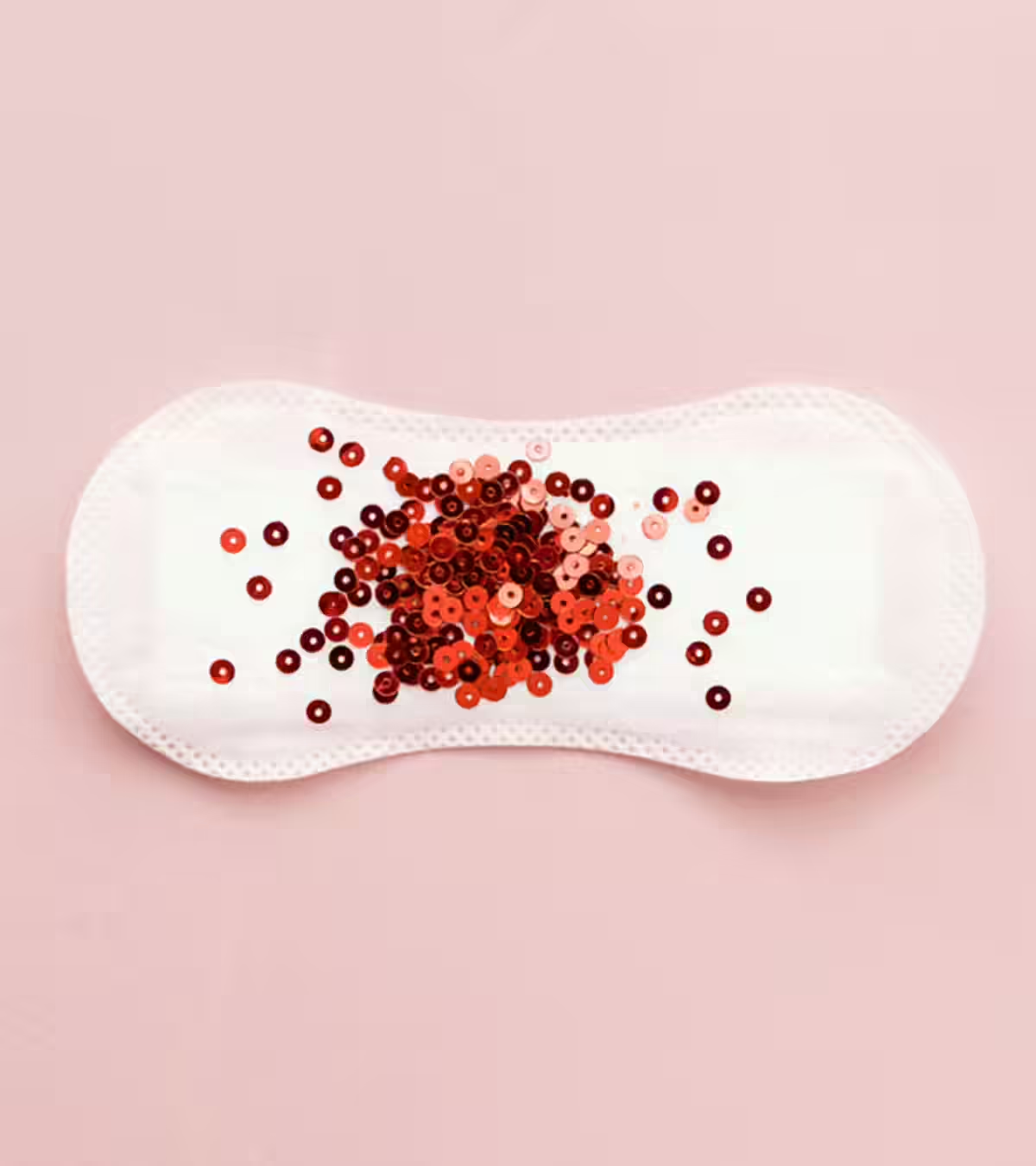
Image: Shutterstock
Being pregnant can bring about a lot of emotions in a woman. The hormonal fluctuations make it almost impossible for women to function without mood swings, weird food cravings, food aversions, backache, swollen feet, headache, and the list goes on. When you’re pregnant, you want to be prepared for everything those nine months can throw at you. So, you probably read and understand what it means to be pregnant and, more importantly, what it means to become a parent. But the truth is, no matter how much you learn about it, you will have to live through it to actually understand it. Your personal experience will have its own subtle differences from what is felt by others.
No matter how prepared you are for the big day, the one thing that every pregnant woman probably wonders about is her water breaking. If you’re also one among those women who’ve asked themselves: “What does it feel like when my water breaks?”, you’ve come to the right place. It’s something that cannot be explained because it’s based on personal experience. But we have tried to do the next best thing. We’ve curated a list of five women who describe what it felt like when their water broke. Keep reading to know about the first-hand experiences narrated by these women:

Image: Shutterstock
- “I was always curious about my water breaking. Just like I’ve seen on the television, I was expecting a gush of water flowing down my legs when it actually happened. But you know, it wasn’t anything like that. My water broke when I had 15 minutes left in my labor process (strange?). It felt like a water balloon popped inside me, and that’s basically what happened. My personal experience has been quite different from what I imagined or knew from before” – Sara
- “Oh, my experience was scary… really scary, in fact. It happened when I was in the toilet! Yes, my water broke while I was literally in the toilet handling my business, and my pregnancy brain literally screamed because I envisioned my baby popping out of me and falling into the loo (if only it were that easy, am I right, ladies?). I felt a gush of water coming out, and my mind went blank for about 30 seconds. I’m pretty sure I hadn’t even started peeing yet. As soon as the shock subsided and I came back to my senses, I screamed for my husband for help” – Amanda

Image: Shutterstock
- Have you ever had a blast while giving birth? No? Just me? Okay then! My water-breaking experience was a blast — literally! I was on my fours with my doula on one side and my friend on the other. It happened all of a sudden and felt like it broke forcefully. The amniotic fluid poured out and spilled everywhere. I even got my friend wet! Now, we’re best friends forever because there’s no going back from that, is there?” – Sonia
- “Mine is a strange tale. I was using my breast pump to stimulate labor because it was stalled. While using the pump, I heard a distinct sound. It was loud, and it took me a solid minute to realize what it really was — my water broke! I felt a gush of fluid, but before I could realize it, the rocking chair that I was using to pump my breasts succumbed to the accident. Ha, couldn’t save it! But what happened after that was absolutely scary. My labor almost immediately intensified and became unbearable. I was rushed to the emergency room for labor.” – Nicole

Image: Shutterstock
- “For me, it leaked out the day before. But it fully broke only when the triage nurse shoved her hand inside me without any warning. Hello! Where’s the personal space! I was so mad at her, and I think she was instantly given a taste of her own medicine. The fluid gushed all over her shoes after she told me to stand up. Well, she deserved that, I thought to myself. Looking back I still think and laugh about it sometimes” – Liane
The Science Behind It

Image: Istock
You’ve probably seen movies and other references to water breaking from the womb. Often the event is dramatized inaccurately by showing the birth of the child instant after the water breaks. But in reality, the experience varies from woman to woman. For some, it can be early on before the labor starts, while for others it can happen in between labor. Let’s have a look at what really happens during this moment:
During your pregnancy, your baby is surrounded by a fluid in a membranous sac called the amniotic sac. The fluid, also called the amniotic fluid, is the fluid in which your baby floats. It protects and aids your baby’s development. It allows your baby to move around in the womb properly, which helps in proper bone development. The amniotic fluid also maintains the right temperature for the baby so that the growing fetus does not lose warmth and body heat (1).
Now, during labor, the amniotic sac membrane ruptures, and the fluid gushes out, which is popularly called “water breaking”. If the membrane breaks before you begin labor, it is called prelabor rupture of membrane (PROM). Ideally, when your water breaks, it means that you’re already in labor. If labor has not begun, it could mean that you’re about to start soon. However, in some cases, labor does not begin immediately, and your doctor might have to induce it.
It’s absolutely normal to feel anxious and nervous about delivery. After all, you’re pushing a tiny human out of you that does not seem “tiny” at all during the process. But as long as you have experienced professionals around, you’re in good hands. So take a deep breath, and in no time, you’ll get to hold your infant in your arms, like you’ve been waiting for! What was your experience of your water breaking? Comment below and let us know!
References
- Amniotic fluid
https://medlineplus.gov/ency/article/002220.htm
Community Experiences
Join the conversation and become a part of our nurturing community! Share your stories, experiences, and insights to connect with fellow parents.












